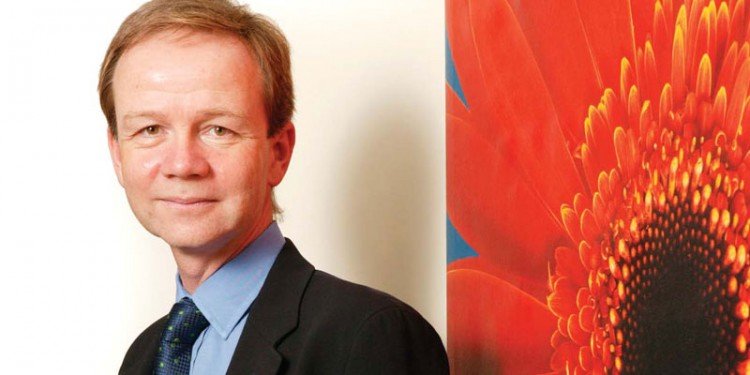National Savings has been around for as long as anyone can remember. Anthony Thomson talks to Tim Mack, Head of Communications at NS&I and The Financial Services Forum Marketer of the Year, about how public awareness of this savings dinosaur has been brilliantly transformed.
What does marketing mean to you?
To me it’s to understand how we as a brand can identify, anticipate and satisfy the needs of customers profitably.
What is your background?
I began as an accountant with Price Waterhouse and wanted to move into sales and marketing. At the time, I joined Ford Motor Company. I was interested in automotive, and Ford was one of the most respected “training schools” at the time. Then I moved from Ford after six years and did thirteen years at Renault UK ultimately as Director of Communications. The particular high spots were the enduring success of the Clio with the ‘Nicole and Papa’ campaign as well as the launch of the Scenic.
The attraction of National Savings and Investments (NS&I) was its potential as a brand, the fact it was in a different sector from the one I had been in, and the unique appeal of a public sector business competing with the private sector. As a brand, our roots are very different from our main competitors, which I saw as a really interesting challenge.
Do you think NS&I is a brand?
Yes. To make a contrast from Renault UK, once we had the product, pricing and distribution going well, we had to promote and then add a ‘premium value’ for customers to the brand through communication. We found that 60% of the UK population were prepared to consider a French car, and 40% were not. So we targeted our communication at the 60% to build on their disposition to value what they associated with Renault over and above that. We built on the positive heritage of our ‘Frenchness’. That tapped into a particular appeal in the UK at the time, of the French rural lifestyle as opposed to hard driving 80s UK city life.
With NS&I, there are customers for whom we have a premium value over and above the competition, because of our overall offer including heritage and security – and increasingly because we are demonstrably good value and convenient. We have spent a lot of time and energy addressing myths that we are not good value.
To read the full article, please download the PDF above.

